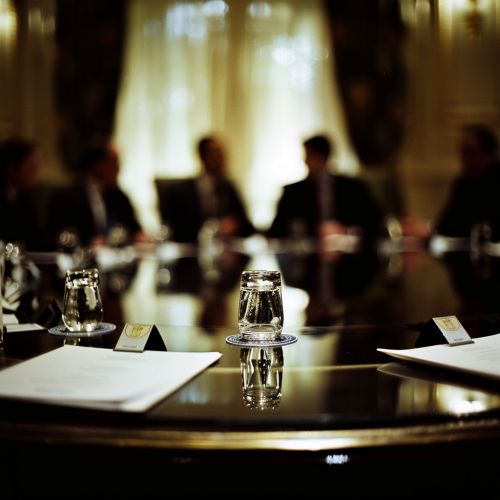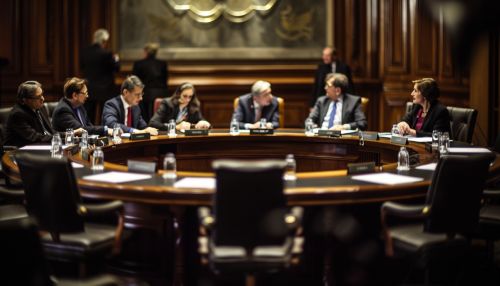Diplomacy
Introduction
Diplomacy is the practice of conducting negotiations between representatives of states or groups, through the intercession of professional diplomats with regard to a full range of topical issues. Diplomacy entails influencing the decisions and conduct of foreign governments and officials through dialogue, negotiation, and other nonviolent means read more.
Historical Overview
The origins of diplomacy date back to the city-states of ancient Mesopotamia, Egypt, and the Indian subcontinent, where diplomats were sent to negotiate treaties and alliances. In ancient Greece and Rome, diplomacy was practiced by both rulers and private citizens, and it was considered a crucial element of statecraft. In the Middle Ages, diplomacy evolved with the emergence of modern states and international law, becoming a more structured and formalized practice.
Types of Diplomacy
There are several types of diplomacy, each with its own unique characteristics and objectives. These include:
- Bilateral diplomacy: This is the most common form of diplomacy, involving negotiations between two countries. It is often conducted through embassies, with ambassadors playing a key role read more.
- Multilateral diplomacy: This involves negotiations between three or more countries, often within the framework of international organizations such as the United Nations read more.
- Public diplomacy: This involves communication with foreign publics to establish a dialogue designed to inform and influence read more.
- Economic diplomacy: This involves the use of the economic resources of a country to achieve its international goals read more.


Diplomatic Protocol
Diplomatic protocol is a set of rules and customs governing diplomatic conduct. It includes matters such as precedence among diplomats, the use of diplomatic titles, and the inviolability of diplomatic correspondence read more.
Diplomatic Immunity
Diplomatic immunity is a form of legal immunity that ensures diplomats are given safe passage and are considered not susceptible to lawsuit or prosecution under the host country's laws read more.
Diplomatic Recognition
Diplomatic recognition in international law is a unilateral political act with domestic and international legal consequences, whereby a state acknowledges an act or status of another state or government in control of a state read more.
Diplomatic Communication
Diplomatic communication involves a wide range of practices, from formal declarations and statements to informal conversations and signals. It is a key aspect of diplomacy, as it allows for the exchange of information, the negotiation of agreements, and the resolution of disputes read more.
Conclusion
Diplomacy plays a crucial role in international relations, facilitating peaceful dialogue and negotiation between nations. It is a complex and multifaceted practice, involving a range of techniques, protocols, and types of communication. Understanding diplomacy is key to understanding the dynamics of the international system and the ways in which states interact with each other.
